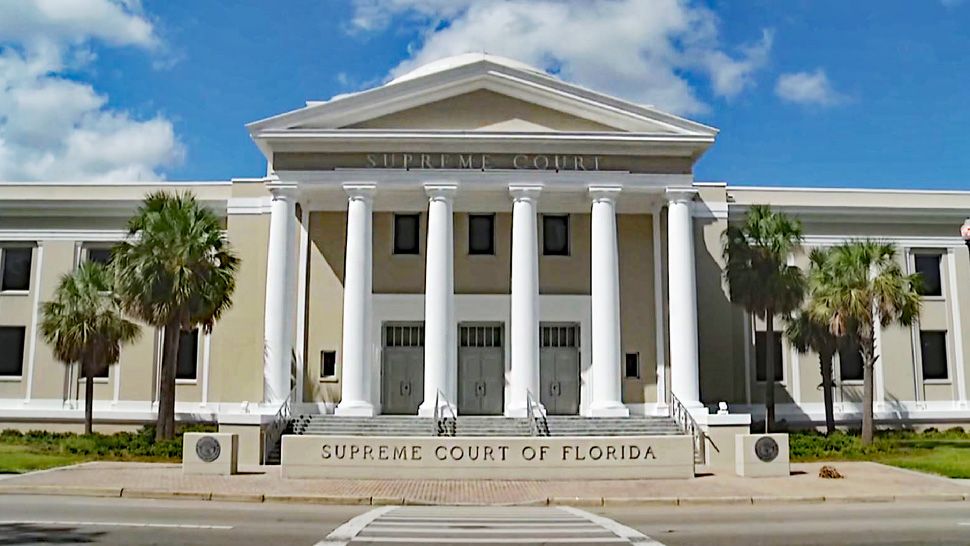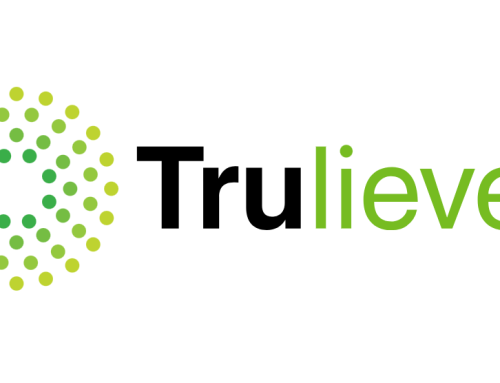Florida Medical Cannabis Home Grow Initiative Withdrawn Amid Signature Shortfall
NEW YORK– A grassroots effort to legalize home cultivation of cannabis for medical patients in Florida has come to a halt. The initiative, spearheaded by cannabis activist Moriah Barnhart and her group Wise and Free, was withdrawn after failing to gather the required signatures to qualify for the 2024 general election ballot. This development marks a setback for advocates of more expansive medical cannabis policies in the state.
Barnhart, who founded Wise and Free in December 2022, aimed to enable Florida’s medical cannabis patients to grow their own plants at home. However, she cites increased challenges stemming from legislative changes enacted by Republican lawmakers in 2019, which imposed stricter restrictions and higher fees on ballot initiatives. “The legislators keep making it harder for us to pass constitutional amendments,” Barnhart lamented in a statement to the Miami New Times, highlighting the difficulties faced by smaller organizations in influencing state laws.
The campaign’s financial constraints significantly hampered its progress. Despite efforts, it raised only about $4,000, insufficient for hiring the necessary staff and professionals to collect nearly 900,000 signatures required for ballot qualification. With escalating administrative costs outstripping donations, the organization found itself in debt, compelling Barnhart to withdraw the initiative petition.
Barnhart’s advocacy for cannabis was personally motivated by her daughter Dahlia’s battle with brain cancer. Cannabis medication, she claims, remarkably improved Dahlia’s quality of life, leading Barnhart to co-found Cannamoms in 2013 to promote awareness of cannabis’s medical benefits. “I absolutely believe cannabis saved her life,” she asserts.
Meanwhile, a separate initiative to legalize adult-use cannabis, backed by Florida’s largest medical cannabis provider, Trulieve, is under review by the state Supreme Court. This initiative, if approved, could appear in next year’s general election.
Barnhart, however, expresses concerns that the legalization of adult-use cannabis might overshadow the needs of medical patients. She fears that a shift towards high-THC products for recreational users might limit the availability of low-THC and balanced THC/CBD products preferred by medical patients. She references states like Oregon, Washington, and California, where the legalization of recreational cannabis led to a decrease in products catering specifically to medical users. Unlike those states, Florida does not currently permit home cultivation for medical patients, limiting their options to personalize treatment.
Barnhart hopes that major companies like Trulieve will support a new home cultivation initiative, showing goodwill towards patients. Trulieve, a substantial backer of the adult-use initiative, has invested nearly $39.5 million in the campaign. Steve Vancore, a Trulieve spokesperson, suggests that the company’s support for future home-grow initiatives in Florida is a possibility, although their immediate focus remains on the Smart & Safe Florida initiative.
This development in Florida’s cannabis landscape underscores the complex interplay between legislative processes, financial resources, and advocacy in shaping cannabis policy. The withdrawal of the medical cannabis home cultivation initiative highlights the challenges faced by grassroots movements in navigating the intricate legal and political terrain of cannabis legalization.


































